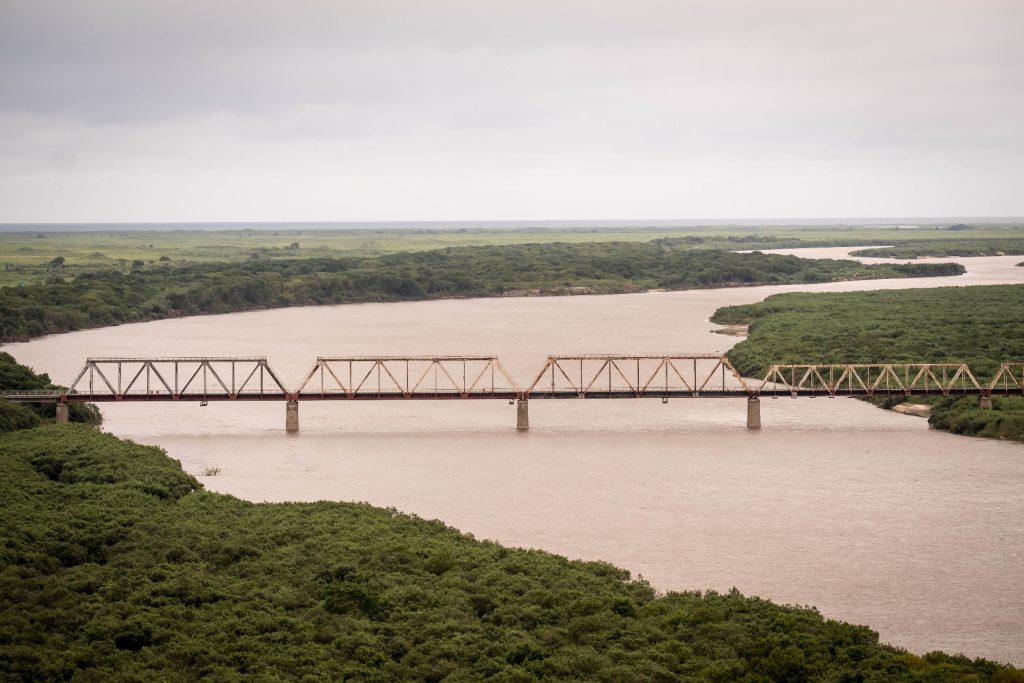New infrastructure project signals deepening cooperation between two isolated regimes
Others are reading now
For decades, the border between Russia and North Korea has been defined by a single railway bridge dating back to 1959. Now, that is about to change. The two countries are preparing to construct a new 850-meter road bridge over the Tumen River, a move that marks a significant expansion in their strategic and logistical ties.
From Cold War relic to modern linkage
The upcoming bridge, confirmed by Russian Ambassador Aleksandr Matsegora, is the result of a strategic partnership agreement signed during President Vladimir Putin’s visit to North Korea in 2024. As reported by Digi24, the structure will be built close to the existing “Friendship Bridge,” the lone railway connection that has long served as a symbol of their limited yet resilient relationship.
Although construction has not officially started, Matsegora stated that both countries are finalizing design documentation and assembling construction teams and equipment. Satellite analysis by South Korean firm SI Analytics suggests work on the foundation may already be underway.
Economic and geopolitical implications
The new road bridge will connect directly to Russia’s highway system, greatly facilitating overland transport. The move is expected to dramatically increase economic, social, and potentially military exchanges between Moscow and Pyongyang. Analysts warn it could undermine the effectiveness of existing international sanctions imposed on both countries.
Also read
A report from SI Analytics suggests that the rapid development of this second crossing may lead to “a strong increase in trade and cooperation,” while gradually eroding the barriers created by Western-led economic restrictions. Both Russia and North Korea remain under heavy sanctions due to their respective military actions and nuclear ambitions.
As Moscow faces continued isolation over its war in Ukraine and Pyongyang seeks new economic lifelines amid deepening international isolation, the bridge project serves as a potent symbol: not just of infrastructure, but of a geopolitical realignment built on mutual defiance of global norms.








